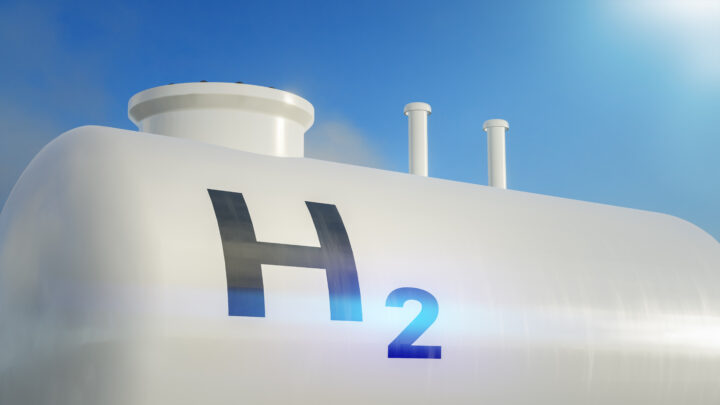The reduction of fossil energies driven by various organizations is a factor that favors the transition towards sustainable energy sources, with hydrogen being an interesting energy vector among the existing alternatives. However, it is a compound with the capacity to embrittle the structural elements designed to accommodate it, leading to significant costs associated with inspection, maintenance, and repair. Furthermore, this problem is more relevant in high-pressure atmospheres, which lack fatigue testing methods for hydrogen embrittlement.
To determine with more detail the effect of hydrogen on metal embrittlement, researchers at the Spanish Universidad de Burgos (UBU) have designed a system based on an electrolytic cell to create a hydrogen-rich atmosphere, which can be easily adapted to rotating bending fatigue testing machines. In this way, the device allows the precise testing of the behavior of hydrogen storage or supply equipment under such environments, at high pressures and over a high number of cycles.
The proposed device allows for the generation of a hydrogen-rich atmosphere using a cathodic charging system, based on an electrolytic cell that includes a platinum electrode (anode) alongside the test material (cathode), immersed in an electrolyte that provides the necessary hydrogen for testing.
The system is installed in the test material already connected to the rotating bending machine, allowing for the application of the necessary cycles while the material is in the cell subjected to a high hydrogen atmosphere.

The patent has already been filed for this development (P202330236).
The Technology Readiness Level (TRL) of the invention is TRL 4-5. It has been tested in projects aimed at providing services to materials manufacturing companies.
This development offers the following advantages:
- In-situ control of material embrittlement measurement in the presence of hydrogen, under conditions of high pressure and over a high number of cycles.
- Cheap system that can be implemented in existing rotating bending machines and requires low maintenance.
The represented institution is looking for a collaboration that leads to commercial exploitation of the presented invention.
Institution: Universitat de Barcelona (UB)
TRL: 4-5
Protection status: Patent Application
Contact: Pablo Lago / pablo@viromii.com

